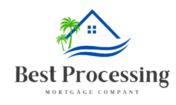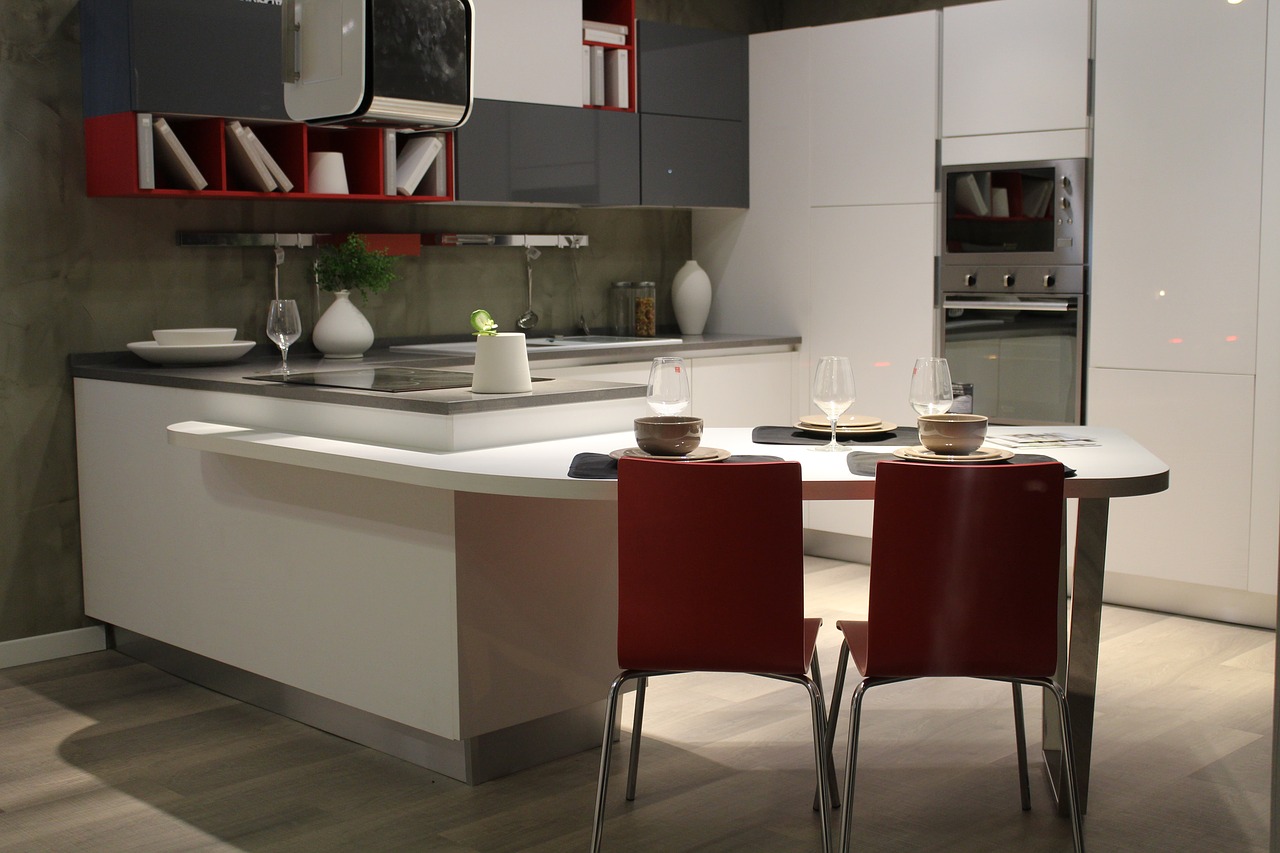What Is The Difference Between FHA Loan
And Conventional Loan?
AMER AWAD | 12-MINUTE READ
MARCH 1, 2022
Share:
Being approved for a mortgage is one of the most important steps when it comes to homeownership. There are many types of mortgages, all designed with a particular borrowers profile in mind, whether it is their income, savings, or if it is their first time buying a house.
Mortgage types can range from the United States Department of Agriculture (USDA), Veteran Affairs loans, and the most common two types of mortgages, Federal Housing Administration loans (FHA) and conventional loans. But what is the difference between FHA and conventional loans?

FHA Loan Requirements
FHA loans are backed and insured by the government, specifically the Federal Housing Administration. One of the main benefits of an FHA loan is it is much less restrictive than other types of loans, particularly conventional loans.
An individual can get an FHA loan with a credit score that is as low as 500 when putting 10% or more down payment or 580 credit score and a down payment as low as 3.5%. When compared to other types of loans, FHA loans are much broader when it comes to requirements. A mortgage calculator can help you figure out your monthly payment and can see how down payment can affect your monthly payment.
Get approved to purchase or refinance your home.
Lowest payment and rates available and customized specifically for you.
Conventional Loan Requirements
Conventional loans on the other hand are the typical type of loan that is backed by Fannie Mae or Freddie Mac and comprise the vast majority of loans issued for properties. Due to this, they require higher credit scores and lower debt-to-income ratios. The minimum credit score required for a convention mortgage is 620 and you are able to make a down payment as low as 3%. A mortgage calculator can help you figure out your monthly payment and can see how down payment can affect your monthly payment.
Find Homes In You Area
Our list is updated frequently and it is linked with the MLS the latest properties for sale.

Property Types
The condition of the property and the intended use of the property are also factored into what type of mortgage you can qualify for. Qualifying for an FHA loan is stricter than a conventional loan, as the property’s value is assessed, scrutinized for the homes safety, construction quality, and the areas building codes. This may not be the case with a conventional loan depending on the lender.
When using an FHA loan to purchase a property, you are required to live in the house as your primary residence and it is not to be used for anything else such as investment properties, flipping or renting a portion of the house to tenants on a short term basis. FHA loans cannot be used for vacation homes as well. FHA borrowers are required to move into the newly purchased home 60 days after closing on the property. Conventional mortgages can be used for all types of properties. They can be used for an investment property, fix & flip, vacation home or just a second home for the family.
Best Tip:
To get the lowest interest rate, make sure you don’t have any late payments, lower your debts, first time home buyer is a plus, bigger down payment. Contact us to learn more!
Mortgage Insurance costs
Conventional loans do not require private mortgage insurance (PMI) if the down payment is above 20%. If a borrower has a down payment that is less than 20%, they would be required to pay PMI until their equity reaches 20%.
FHA loans have similar insurance to PMI, called Mortgage Insurance Premium (MIP). With MIPs, you cannot cancel the insurance payments on the loan if the down payment is less than 10%. If the down payment is more than 10%, the borrower will have to pay MIP for the first 11 years of the loan. There is no way a borrower can get out of paying MIP, unless they have a down payment of at least 10% and even then, they will pay MIP for 11 years.
There are two types of MIP, FHA annual MIP and FHA upfront MIP. The annual MIP is payed monthly and dependent on the amount, loan term and down payment. The upfront MIP, sometimes called the FHA funding fee, is due at the closing of the loan and is financed through the loan amount, reducing overall out of pocket costs.
If your down payment on an FHA loan is less than 10% and you are required to pay Mortgage Insurance, the only way to get rid of it is to refinance.
Summary
There may be better options for borrowers than a FHA or a conventional loan. With mortgages, every borrower is a unique case. For example if a borrower is in the military or is a veteran, they qualify for special mortgages called VA loans and might be a better option. A mortgage loan officer is the best resource to find the best option for you and can help you decide on the best course of action.
You Still Have Questions or Want to Find out More?
At Best Mortgage, we always strive to give our borrowers the best solutions with our extensive network of lenders and devoted loan officers. We make the application process as easy as possible and our team is dedicated to helping our borrowers in achieving their dream of homeownership. Our loan officers are always ready to help you navigate the mortgage preapproval process. For more information call (734) 519-1827.
Best Processing
NMLS: 2167537

